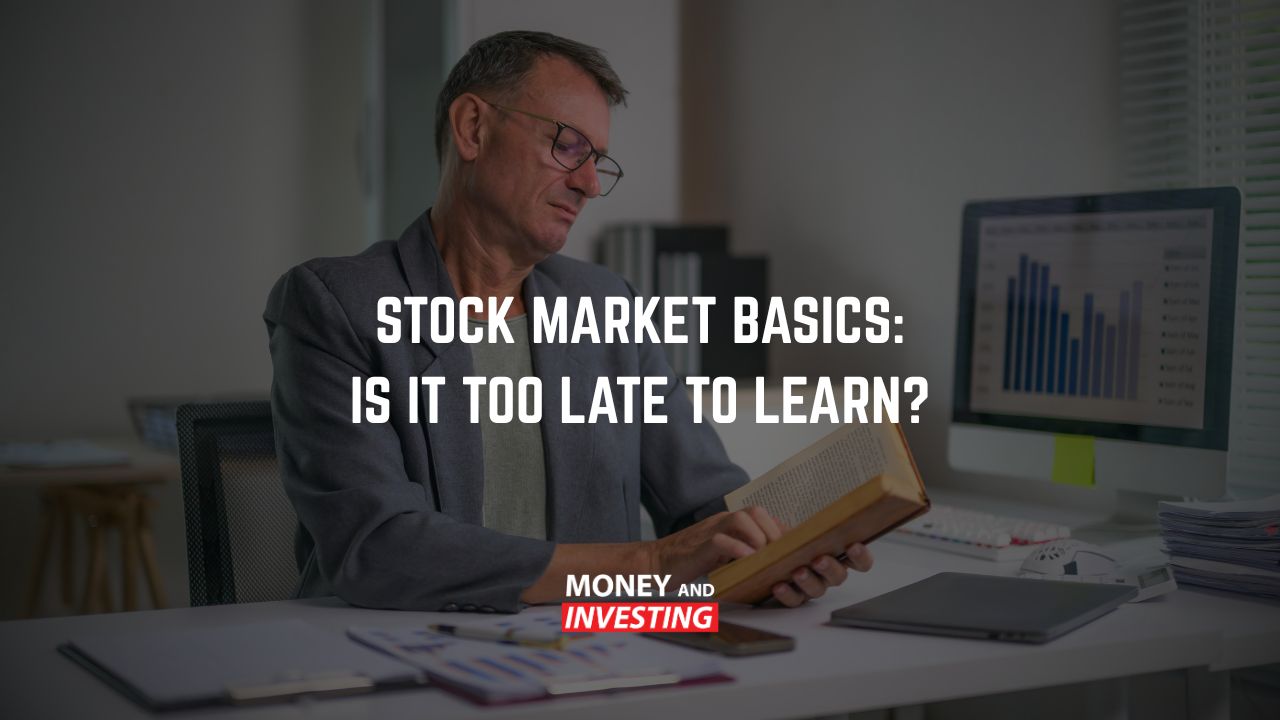At first, investing often feels like a one-person job. You’re crunching numbers, reading reports, making calls. It’s all on you. But if you look at people who’ve built serious, long-term wealth, there’s a pattern: they didn’t do it alone. They had a investing team.
A solid investing team helps you make smarter choices, avoid costly mistakes, and move faster toward your goals. In this guide, we’ll break down who belongs on that team, what each person brings to the table, and how to start building it.
Why Going Solo Has Its Limits
There’s an old saying: if you want to go fast, go alone. If you want to go far, go together.
When you start out, doing it all yourself can feel efficient. You keep full control, save on fees, and make every call. But as your wealth grows, so does the complexity.
Now you’re not just picking stocks or properties. You’re dealing with taxes, loans, legal risk, asset protection, estate plans, and the stress of making bigger decisions. No one can be across all of that, all the time.
An investing team brings in people who are better than you at specific things. They help you stay focused, stay safe, and make the most of opportunities you might not even know exist.
Start With a Mentor
A mentor is often the first key person on your investing team. This could be someone:
- You know through work or business
- You met through a course or community
- You’ve followed and learned from, like an author or educator
Your peer group matters here too. Spend time with people who take money seriously, set goals, and hold themselves accountable. If your daily conversations are mostly with people who complain or settle, it can wear off on you.
Mentors can be:
- Personal: People who support you because they believe in you
- Professional: People you pay for coaching or advice
Free advice can be helpful, but professional guidance tends to come with more structure and higher standards. You’ll probably have a mix of both as you grow.
Why You Need a Good Accountant
If you’re serious about building wealth, having the right accountant is not optional.
Taxes are one of the biggest expenses you’ll face over your life. A good accountant can help you:
- Choose the right structure for your investments
- Plan income and expenses in a tax-smart way
- Stay compliant and avoid penalties
- Think ahead before major deals or purchases
Sometimes, the most valuable thing they do is say “no” and explain why.
What to look for:
- A real relationship: Big firms aren’t always better. You want someone who understands your goals, not just your file.
- Up-to-date knowledge: Tax rules change. Your accountant should keep up.
- Willing to challenge you: If they never push back, they may not be doing enough.
You don’t need the perfect structure to begin. Start with what you’ve got and adjust as needed. A good accountant will help you get the timing right.
Execution Partners: Brokers and Buyer’s Agents
Once your strategy is clear, you’ll need professionals who can help you act on it. This might include:
- A buyer’s agent (property)
- A mortgage broker (loans)
- A stockbroker (shares and options)
Buyer’s Agents
Property decisions can get emotional fast. A buyer’s agent helps by:
- Bidding without getting attached
- Bringing in-depth local knowledge
- Keeping you on budget
Having someone who’s not emotionally tied to the outcome can save you from overpaying.
Mortgage Brokers
Getting the right loan can have a huge effect on your financial path. A strong broker will:
- Compare across multiple lenders
- Match you with lenders who understand your income type
- Help structure loans based on your future goals
Going directly to one bank often means fewer options and higher costs.
Stockbrokers
Online platforms are cheap, but they don’t offer judgment or experience. A good broker can:
- Stress test your trade ideas
- Step in during fast market moves or mistakes
- Provide broader context beyond headlines
If you’re only paying for trade execution, keep fees low. But if you want real advice, make sure it adds value.
Legal Support: Covering Your Bases
As your wealth grows, legal support becomes more important. You don’t need a lawyer for everything, but you should know who to call when it counts.
Different needs call for different lawyers:
- Family law: for prenups, separation, divorce
- Commercial law: for deals, partnerships, contracts
- Estate planning: for wills, powers of attorney, and property transfers
One general lawyer can’t handle everything well. It often makes sense to use one firm for everyday matters and specialists for bigger risks.
2 common blind spots:
- Prenups: No one wants to think about splitting up, but agreeing upfront on who owns what can protect both sides.
- Entity structure: Buying in the wrong name can cost you a lot later. Fixing it often triggers taxes and fees.
Your legal team protects what you’ve built. They’re not just an expense—they’re your safety net.
Your Peer Group: The Quiet Engine Behind Your Growth
Your peers might not have formal titles, but they shape your mindset and habits more than you realize.
These are the people you talk with about money, life, and big decisions. A good mix of entrepreneurs, professionals, and long-term thinkers keeps you sharp.
The right group can help you:
- Spot risks and opportunities you might miss alone
- Stay humble in good times
- Stay steady in rough ones
- Keep money in perspective
You don’t need a crowd. A few honest, thoughtful people are enough.
If your current circle isn’t growing in the same direction you are, look for new conversations. Industry events, investor meetups, courses—they’re all good places to start.
Getting Started: Build One Relationship at a Time
You don’t need a full investing team by next week. Take it step by step:
1. Get clear on your goals
Write down what you want over the next 5, 10, and 20 years. That will shape the kind of support you need.
2. Review your current support
Who are you already working with? Are they helping you move forward—or just ticking boxes?
3. Focus on one upgrade
Start where it would help the most. For many, that’s finding a better accountant. For others, it’s a mentor or broker.
4. Treat professionals like hires
Ask questions. Understand their process. You’re not locked into working with the first person you meet.
5. Stay curious
Keep asking how others make financial decisions. You’ll learn a lot just by listening.
Final Thoughts
You don’t need to have all the answers. You just need the right people in your investing team.
With a strong mentor, a solid accountant, smart brokers, legal backup, and a thoughtful peer group, you’ll be in a much better place to make clear, confident decisions.
Yes, you still need to do the work. But you don’t have to do it alone.



